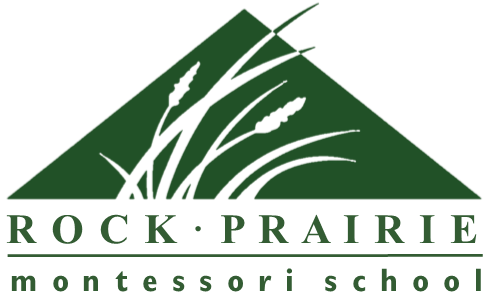KINDERGARTEN
Following the morning program, children ages 5-6 years meet from 11:30 am – 3:30 pm (M-F) with all kindergarten age students.
Children who are enrolled in Children’s House, and are five to six years old, are expected to continue their educational process by enrolling in the Kindergarten (Extended Day) Program. Children approaching their fifth birthday may be accepted in the Kindergarten Program dependent upon the child’s readiness and ability. Children in this program eat lunch at school and are ready to enter their classroom at 1:00 p.m. This is a five-day a week afternoon program. Children in this program are provided an excellent opportunity to continue and build upon their Montessori experience from the morning Children’s House class. This program offers students academic challenge within a whole group experience, as well as, the opportunity for the sustained independent work that is the core of the Montessori Method. Children in the Kindergarten Program are provided Spanish. Students are also prepared for transitioning to a full day elementary class. The Children’s House Teacher, along with the Head of School and Elementary Teacher, will determine the readiness of a child to begin First Grade.
The skills listed under each category are what we find to be essential skills to enter into first grade. It should be noted that each child will progress through the school year at a different pace. It is our goal to assist each child with academic and social development so that they will experience success.
Art, Music & Physical Development
Each student is encouraged through a thoughtfully prepared environment for daily experiences in art, music and gross motor activities.
Science
Demonstrates knowledge of information and concepts presented in science units:
· Environmental Science – respect for the outdoor environment and active stewardship of the earth.
· Earth Science – study of geography (map-making), geology, and the solar system.
· Physical Science – the movement of matter, sound, heat and light.
· Human Body – the senses, growing and changing, healthy eating and lifestyle.
· History – introduction to time, (clock, days of the week, months, seasons) as well as the history of humankind.
Sensorial
The student will work with materials that engage the five senses. These materials provide experiences leading to the investigative process and logical thinking. Sensorial experiences lay the foundation for future math concepts.
Math
Montessori math uses beautifully designed materials to give children concrete experiences that allow them to develop increasingly abstract understandings of mathematical, algebraic and geometric concepts.
Uses Montessori materials to:
Recognize, represent and write quantities and numerals through the thousands place value.
Exchange equivalent quantities (10 units for one ten, etc).
Find combinations of the numbers with sums through 10.
Explain teen numbers (16 = 1 ten and 6 units).
Explain ten numbers (47 = 4 tens and 7 units).
Skip count by 2 (to 20), 5 (to 50) and 10 (to 100).
Become familiar with addition, subtraction and multiplication.
Recognize and name geometric shapes.
Sort and grade objects by length, width, weight, etc.
Collect and organize simple data into charts and graphs.
Recognize, duplicate and create patterns.
Language Arts
Language Arts embodies the development of listening, speaking, reading and writing skills. Rich language development is integrated throughout the entire classroom curriculum.
Uses Montessori materials to:
Recognize letters of the alphabet by name (upper and lower case).
Identify letter sounds.
Distinguish initial, medial and final sounds.
Write upper and lower case letters properly, general awareness of form, placement on the line and proper spacing of the letters.
Write first and last name.
Use letters and phonetically spells words to write about experiences, stories, people, objects or events.
Recognize basic sight words.
Become familiar with parts of a book (title, author, illustrator, etc.).
Use pictures and context to make predictions and retell a story.
Is able to listen to a story and retell content.
Demonstrates proficient speaking and listening skills.
Foreign Language
Spanish is integrated into work materials and students work. A Spanish trained teacher fluent in the language once a week introduces new lessons and reviews previous work.
